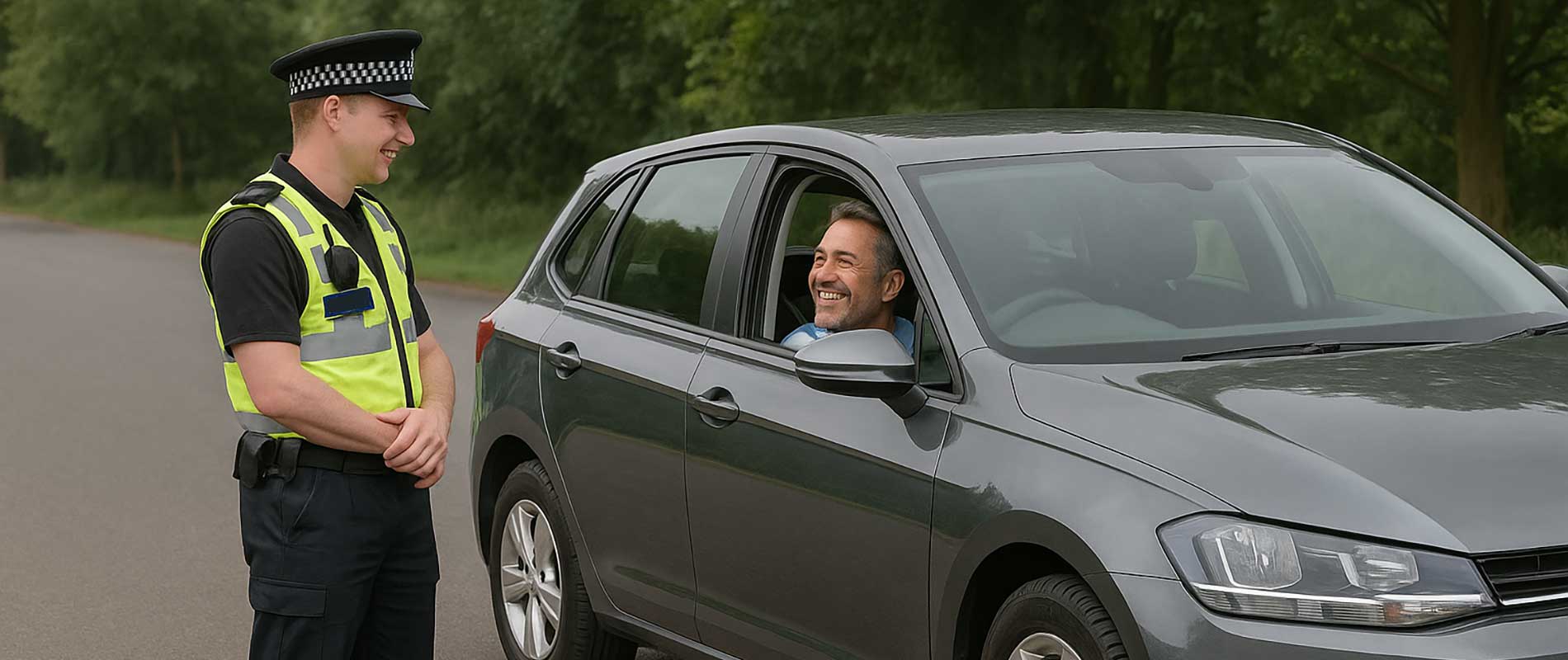What happens when another conviction appears on your record
Being convicted again while already insured puts you in a difficult position. The law and your insurer treat repeat offences more harshly than first-time mistakes. The legal system focuses on deterrence; insurers focus on risk. Both will take notice. The result is often a mix of fines, penalty points, licence suspension, and higher insurance costs; all depending on the nature of the new offence.
Some drivers assume their insurance protects them regardless of what happens, but that isn’t always true. Once a fresh conviction is recorded, your insurer may reassess the policy mid-term. In serious cases, they might even cancel it. That leaves you legally uninsured unless you arrange new cover straight away.
Legal penalties from the courts
The court looks first at the offence itself. A minor speeding conviction might bring three points and a small fine. A second drink-driving offence or driving while disqualified can lead to prison time and a much longer ban. The range of penalties includes:
- Penalty points added to your licence; often between 3 and 11 per offence.
- Fines based on income, sometimes in the thousands for serious cases.
- Mandatory disqualification for certain repeat offences, especially DR or DD codes.
- Community service or imprisonment where behaviour shows deliberate disregard for the law.
Judges tend to see repeat convictions as proof that previous punishments didn’t work. That means longer bans and fewer chances of leniency. If your new offence involves driving while banned, uninsured, or under the influence, you should expect the penalties to escalate sharply.
Insurance penalties and policy consequences
Insurance companies use convictions to gauge reliability. A repeat offence signals ongoing risk, so they’ll likely raise your premium or withdraw cover. Even if your insurer keeps the policy active, they may add restrictions such as higher excess, removal of optional extras, or refusal to renew at the end of the term.
If your conviction involves a serious breach; like drink-driving, reckless driving, or failing to disclose information; the insurer can void the policy entirely. That means treating it as if it never existed, cancelling any claim payments and refusing refunds. From their perspective, the driver has broken the agreement of trust that insurance depends on.
Future insurance complications
Once a policy is cancelled or voided, it becomes part of your insurance history. Every future insurer will ask if you’ve ever had a policy cancelled or refused. Answering “yes” raises red flags; answering “no” risks being caught in another non-disclosure later. Either way, premiums rise. The only realistic route back is through specialist convicted driver insurers who deal with high-risk cases every day.
These providers can still offer legitimate cover, but expect stricter terms and higher prices until you’ve proved consistent, responsible driving for several years. The silver lining is that time works in your favour: each clean year pushes old convictions further into the background.
How to limit the damage
Even if you can’t change what’s happened, you can manage what comes next. Notify your insurer promptly, pay any fines, and follow the terms of your sentence. If you’re disqualified, wait until you’re legally allowed to drive again before reapplying for cover. When you do, be upfront about every conviction; honesty is the only path back to stable insurance.
You can also reduce future costs by lowering risk in practical ways. Choose a modest car, keep mileage down, and consider a telematics policy that records careful driving. Completing driver awareness or rehabilitation courses also helps demonstrate a commitment to change.
Getting perspective and moving forward
Repeat convictions make life harder, but not impossible. Courts and insurers both want to see evidence that lessons have been learned. Keep your record clean, drive cautiously, and avoid shortcuts. Over time, you’ll find the penalties lessen and insurers begin to see you differently. The goal isn’t just to drive again; it’s to rebuild the trust that keeps you insured and on the road for good.

